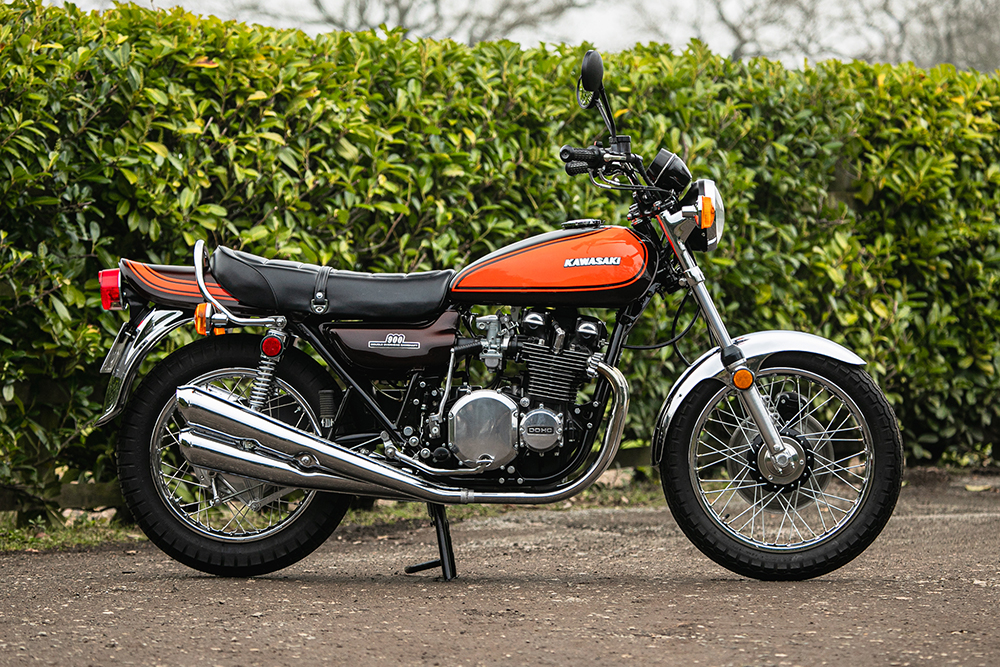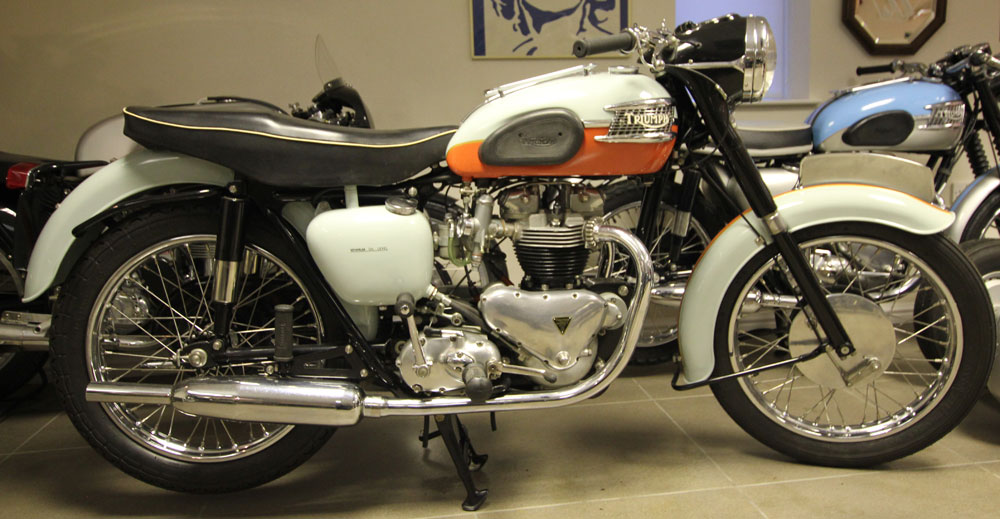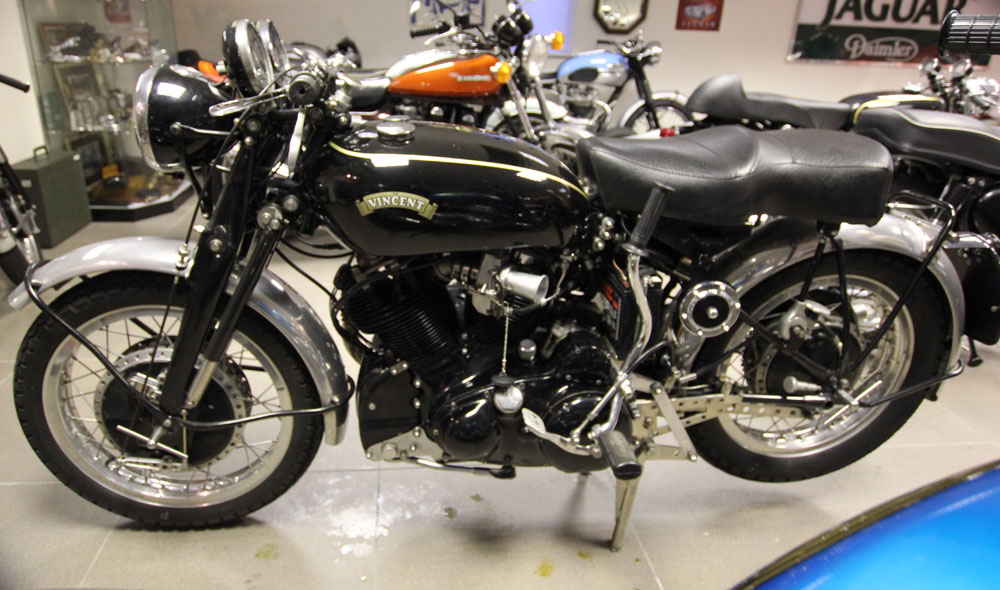Does a poor classic motorcycle auction affect the market? The classic motorcycle market is a vibrant niche within the broader collectibles and vintage vehicle sectors, attracting enthusiasts and investors alike. However, the dynamics of this market can be influenced by various factors, including auction outcomes, especially the low value achieved for the Kawasaki press bike. A poorly performing auction can raise concerns among stakeholders, but does it have the power to crash the market? Let’s examine the intricacies of how a single auction’s performance can impact the classic motorcycle market.

Understanding Auction Dynamics
Auctions are a popular avenue for buying and selling classic motorcycles. They provide a platform where rare and valuable models can fetch high prices, driven by competitive bidding from collectors. However, not all auctions yield stellar results, in the UK the instability around when the next general election will be held started to temper demand a little. A poor auction result could stem from several reasons: the condition of the motorcycles, the provenance, economic factors, or even the reputation of the auction house itself.
Localised Impact vs. Market-Wide Effects
- Specific Model Impact:
- Condition and Provenance: If the motorcycles offered at a particular auction are in poor condition or have dubious provenance, this can result in lower-than-expected prices. Buyers are discerning and willing to pay premiums for quality and authenticity. Therefore, poor results due to these factors are typically seen as isolated incidents rather than indicators of a broader market downturn.
- Model-Specific Sentiment: When a specific model underperforms, it might temporarily dampen enthusiasm for that model. Potential buyers may become more cautious, leading to short-term dips in prices. However, this effect is usually confined to the specific model or make in question.
- Auction House Reputation: The reputation of the auction house plays a crucial role. A reputable auction house having a bad day may shake confidence slightly, but the overall trust in the market tends to remain intact. Conversely, if a lesser-known auction house performs poorly, the impact is often minimal on the broader market.
Broader Market Sentiment
- Temporary Sentiment Shift:
- Negative Sentiment: A poor auction result can create a temporary negative sentiment among buyers and sellers. This might result in more conservative bidding in subsequent auctions. However, seasoned collectors and investors understand the market’s nuances and typically do not overreact to a single event.
- Media Coverage: Extensive media coverage of a poor auction outcome can amplify the sentiment shift. News stories highlighting significant underperformance can lead to broader caution among buyers. However, such effects are usually short-lived, as the market quickly corrects itself based on subsequent successful auctions.

Resilience of the Classic Motorcycle Market
- Long-Term Trends:
- Market Resilience: The classic motorcycle market has historically shown resilience. Collectors and enthusiasts often have a long-term view, understanding that the value of classic motorcycles is driven by rarity, historical significance, and cultural value. These factors provide a buffer against the impact of any single auction’s poor performance.
- Historical Data: Historical data demonstrates that while fluctuations occur, the market for well-preserved, historically significant motorcycles remains robust. Collectors’ long-term perspective helps sustain the market through occasional dips.
- Export markets: The market for classic motorcycles is global, with collectors from different regions participating actively. This diversity helps mitigate the impact of poor local auction results. A bad result in one country does not necessarily reflect the global market’s health.
- Cultural Significance: Classic motorcycles hold cultural and nostalgic value that transcends regional markets. This enduring appeal contributes to the market’s overall stability.
Lessons for sellers
There are acute lessons for sellers in all of these recent auction results, especially those at the Stafford Show. My advice for anyone considering selling their classic motorcycle at auction is to absolutely refuse to entertain entering their machine into an auction environment without a healthy reserve price that you know you will be satisfied with. Those who have been selling without a reserve this year, and especially owners of British motorcycles, have given away machines and massive auction fees for very little return. The prices achieved, in some cases, could have easily been bettered for the seller on internet auction sites with much lower seller’s fees.

Market opportunity
These blips in the market also present a market opportunity for buyers. Very few owners of these machines, if they are investment grade examples, will offer great discounts but it has been known that a few pounds have been saved at such times. The real market opportunity for buyers is there is plenty of time to investigate a machine thoroughly and to really think through your purchase. Market blips are always a great time to buy because of the calm offered to the buyer, compared to the more heated times.
Conclusion
In conclusion, does a poor classic auction result affect the market? Not really, no as it’s a much more robust market for all the reasons we have gone into. While a poorly performing auction can cause temporary shifts in market sentiment and may affect the pricing of specific models in the short term, it is unlikely to crash the entire classic motorcycle market. However, now the sun is drying out the roads and the election date has been announced in the UK, interest and demand are certainly picking up again after that small blip. The classic motorcycle market’s resilience, the long-term perspective of collectors, and the global nature of demand all play crucial roles in maintaining stability. Enthusiasts and serious collectors typically understand the nuances of auction dynamics, allowing the market to recover and thrive despite occasional setbacks.
In essence, a single poor auction is more of a blip than a crash, reflecting the inherent strength and enduring appeal of classic motorcycles. Such times offer great opportunities to buyers to make their purchase in a more considered manner and allow a more thorough investigation of the machine they are considering. If you would like to discuss the classic motorcycle market, feel free to book a Zoom or call with The Motorcycle Broker, fill out the form below. We have been following the classic motorcycle market very closely since 1985 and always work for the customer.
- Most collectible Ducati 916 SP - June 20, 2024
- Classic Motorcycles: To ride or not to ride? - June 17, 2024
- Classic Motorcycles: To ride or not to ride? - June 17, 2024








Leave a Reply